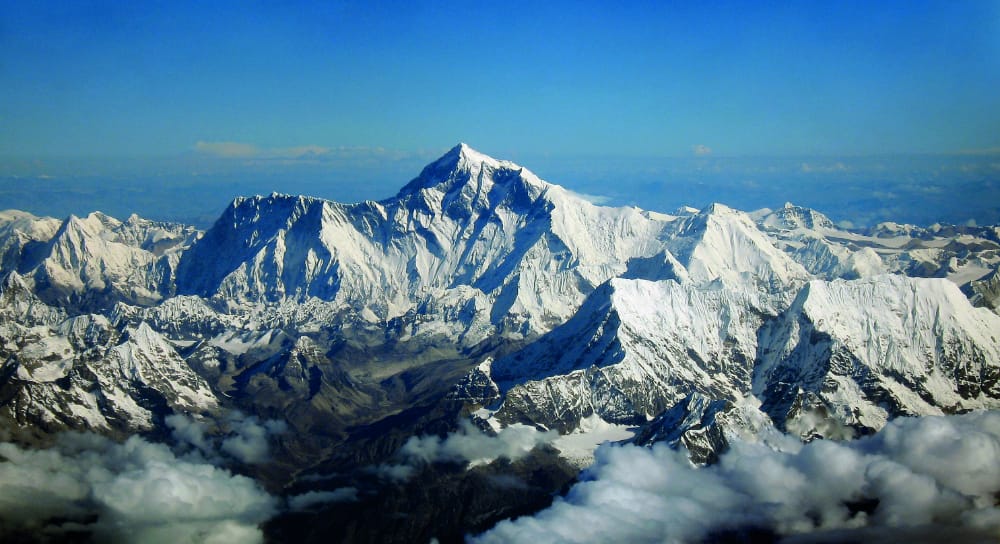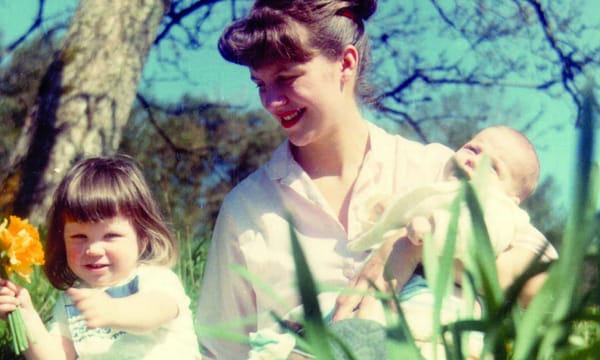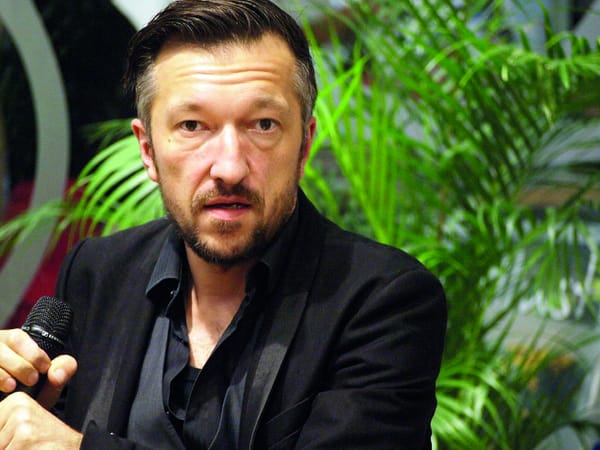In the relentless tread of time, a man searches for the greater miracle of life
Austrian writer Thomas Glavinic’s The Greater Miracle explores one man’s life when pushed to the extreme in a brilliant piece of storytelling.

Freedom – a word as awe-inspiring as it is undefined. There are many ways of tackling the issue of what freedom means on a general as well as on a personal level. In his 2013 novel The Greater Miracle Thomas Glavinic sheds light on the problem of freedom from a very personal perspective.
The novel is split into two storylines, that run parallel to each other. The first one unfolds in the present day and gives an account of the protagonist, Jonas, trying to summit Mount Everest. The second one tells the story of Jonas from the earliest days of his childhood to the present. He grows up in the Austrian countryside with his mentally disabled brother. Because they are subject to frequent abuse by their alcoholic mother, Jonas and his brother are adopted by Picco, the grandfather of Jonas’ best friend. Picco is a wealthy man, to say the least. They live in a mansion, are surrounded by servants and live an overall very luxurious life. Because of the wealth and power of Picco, Jonas and his best friend Werner are pretty much allowed to do whatever they like. At one point they even blow up the pigsty of a local farmer with no serious repercussions.
“Glavinic is notorious for exploring the behaviour of people in extreme situations in his novels”
Their life seems perfect until Jonas’ brother is killed. Jonas hardly recovers from the shock and he feels even worse when Werner dies shortly thereafter in a car accident. As if life could not get worse anymore, now Picco also dies from cancer. Being the only one of Picco’s sons left alive, he inherits a fortune. As a young man with a near infinite amount of money on his bank account, he tries to live his life to the fullest. He travels around the world, restlessly searching for something he cannot quite grasp.
Although the outline of the story resembles a simple adventure novel in some ways, this book is not necessarily an easy read. The two storylines are written in rather different styles. The first one is fast paced and especially towards the end of the book almost hurries the reader through the story. The second one, on the other hand, is written in a more fluent way, bridging long time spans and telling everything calmly and in great detail. These two different styles sharpen the contrast between what happens in the present and what happened in the past, and now essentially is a memory of Jonas.

Glavinic is notorious for exploring the behaviour of people in extreme situations in his novels. In this novel it is Jonas, who grapples with the question of what to do with one’s time on this planet. Already as a teenager he thinks: “Time is neutral. Time is indifferent to everything. Time is relentless. Not one second, that is not followed by the next. Not one second, that would not have passed. No matter if good or bad.” It seems that what drives Jonas, what makes him spend one year in an apartment in Rome without leaving the house, or build a treehouse in the dark forests of Norway, is exactly the search for an answer to this question. He travels around aimlessly, not knowing what to look out for, until the search itself appears to become what he has been looking for in the first place. It is in some sense a logical conclusion following from Jonas’ life to climb Mount Everest, this beast of futility, which has become both the life goal but also the end of the lives of so many. In fact, when Jonas nearly dies on the descent back down from the summit, the only thing that goes through his head is “go on, keep searching”.
“Glavinic’s brilliant storytelling and the exciting plot definitely make for a great read”
It makes sense that Jonas’ life and the whole narrative culminate in Jonas climbing Mount Everest. When asked about why he wanted to summit Mount Everest, English mountaineer George Mallory famously answered: “Because it’s there!”. That is exactly what Jonas comes to realise, that maybe “Because it’s there!” is the best explanation we will ever be able to give for why we do anything.
What I liked about this book is its lack of naivety. Glavinic does not pretend that money is irrelevant for one’s happiness. Indeed, what makes Jonas free is his money. Those who do not have to worry about money have the time to focus on finding out what actually makes their lives worth living. Money, quite literally, buys you time. While reading this book, I was constantly reminded of A Happy Death by Albert Camus, who also describes the life of a man who acquires a lot of money and then finds himself in a situation where he is essentially free to do whatever he wants. Still, while Camus tends to actually explore the moral implications of this kind of life, The Greater Miracle does come across as a bit of a cliché sometimes. However, Glavinic’s brilliant storytelling and the exciting plot definitely make for a great read. What makes his books great is that the describes people in very singular and extreme situation, which inevitably makes the reader think about how he or she would act under those particular circumstances.







